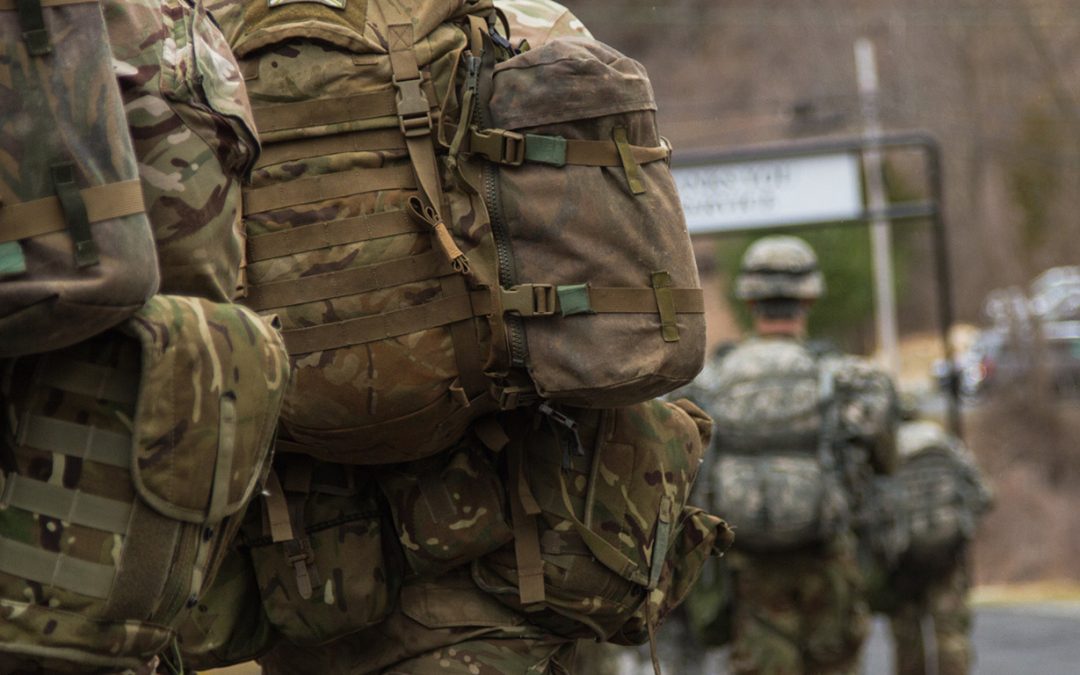By Jeff Lake
As discussed in the last issue of On Watch, the President has issued an Executive Order which allows transgender individuals to enlist and serve openly in the military. This article will review the recent issuance of DoD Instruction 1300.28 which discusses In-Service Transition for Transgender Service Members.
The latest version of DoDI 1300.28 was issued on April 30, 2021[1]. It reissues and cancels a former version from September 4, 2020. It is very similar to the version that was promulgated in 2016.
Section 1.2.b. is new and is clear that “All Service members must be treated with dignity and respect. No person, solely on the basis of his or her gender identity will be: (1) Involuntarily separated or discharged from the Military Services; (2) Denied reenlistment or continuation of service in the Military Services; or (3) Subjected to adverse action or mistreatment.”
A noticeable difference in language is that the former term “preferred gender” has been replaced by the term “self-identified gender.”
A new provision, Section 4.1, has been added to address equal opportunity issues. The section states: “The DoD and the USCG provide equal opportunity to all Service members in an environment free from harassment and discrimination on the basis of race, color, national origin, religion, sex, gender identity, or sexual orientation pursuant to DoDI 1350.02.” While this is clearly aspirational, it is a welcome addition.
Also on April 30th, the Air Force issued a memo entitled “Accessions and In-Service Transition for Persons Identifying as Transgender.”
Attachment 1, Section II.b. of the memo states:
All Service members and applicants for accession must be treated with dignity and respect and afforded equal opportunity in an environment free from prohibited discrimination. No person, sole based on their gender identity, will be denied accession, involuntarily separated or discharged, denied reenlistment or continuation of service, or subjected to adverse action or treatment in the Air Force or Space Force. In today’s Air Force and Space Force, people of different backgrounds and views work, live and fight together on a daily basis. This is possible because they treat each other with dignity and respect. We will continue to respect and serve with others who may have different backgrounds or hold different views.
Attachment 2, Section II.b. of the memo states that when a servicemember receives a diagnosis of gender dysphoria, it will be confirmed by the “Transgender Health Medical Evaluation Unit (THMEU) at Joint base San Antonio, Lackland.” The THMEU is then supposed to provide a medical treatment plan. Section V of the memo sets out the completion steps. The THMEU is to “provide written documentation to member’s commander recommending gender marker change when appropriate.” Obviously the word “appropriate” is subject to interpretation and could be a source of dispute as servicemembers wish to have the marker change as soon as possible.
The Department of the Air Force has now established a “Lesbian, Gay, Bisexual, Transgender and Queer/Questioning Initiative Team (LIT).” The goal is to educate the Air Force about the new memo and issues involving sexuality.
Clearly, the military is trying to adapt to modern realities and to appeal to as broad a spectrum of possible recruits as possible. While from a human rights perspective these provisions are a welcome change from the prior administration, the fact remains that military service is a bad deal for everyone, no matter their sexuality or gender identity.
-
https://www.esd.whs.mil/Portals/54/Documents/DD/issuances/dodi/130028p.pdf?ver=2020-09-04-115910-477 ↑
Jeff Lake is an attorney in private practice in San Jose, California. He is Chair of the NLG Military Law Task Force.



